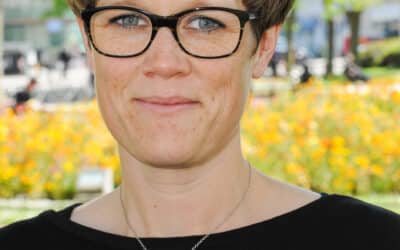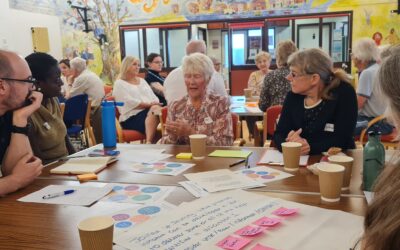Tokyo… London… Birmingham: Three events, one message – It’s time to rethink healthcare
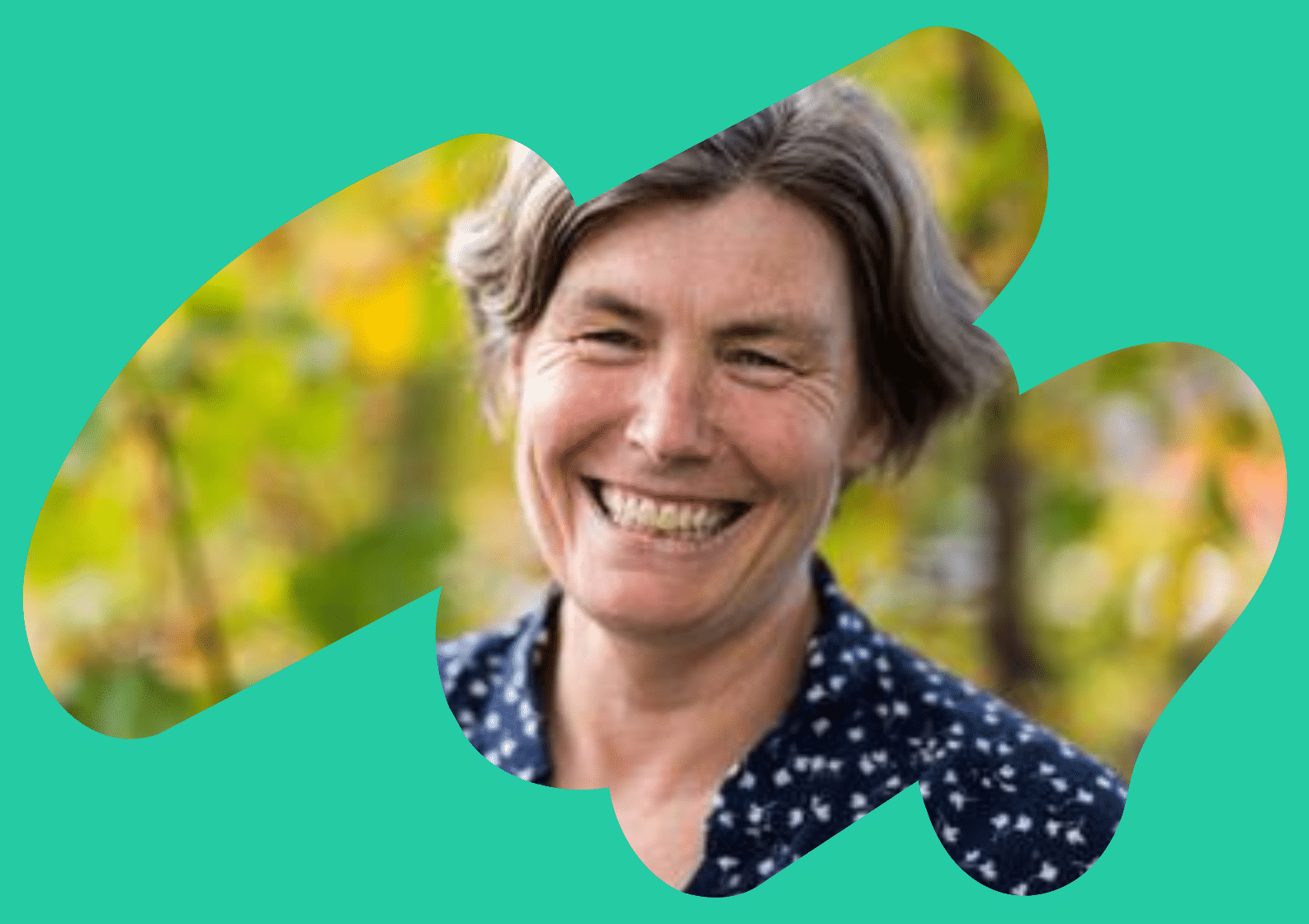
In the space of a week, I attended 3 events that left me with mixed emotions about the future of heath care.
The World Physiotherapy conference in Tokyo is an event which brings together world leaders, researchers and clinicians into the same space to learn and enhance our practice, share stories and most importantly make a difference.
I can’t help thinking we have missed an opportunity to think radically and lever our collective power and opportunity. The global burden is one that is not going away and the sustainability of healthcare is fragile. The health burden is increasing and set to rise on a backdrop of an ageing population, and increasing prevalence of major conditions, and where we recognise the influence of the social determinants of health on people’s lives.
There is overwhelming evidence that changing people’s health-related behaviour can have a major impact on some of the largest causes of mortality and morbidity.
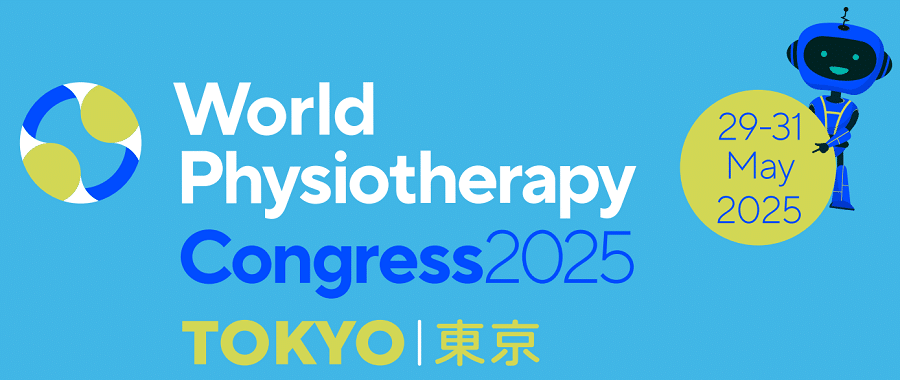
The future of physiotherapy
In my opinion the future role of physiotherapy is one in which society needs something very different from us. The context in which we work will change, and what we do in this context matters. We will need to develop different skills, adopt new roles, work in different environments in collaboration with other professions and across our own specialities. We will need to blur the edges, let go of our identity as we know it, but create a new one that adapts, and is agile. There were glimpses of this, for example Ash James (UK) talked about the need for more generalists and Marjo Maas (Norway) on ‘Preparing Physiotherapists for the Future’, asking not only what we teach but for what world, because that world is rapidly changing.
I saw the need to justify the professions existence and impact through economic analysis, focusing on single conditions and diseases. We absolutely add value to people’s lives, but we need to be more than just a ‘condition’ and measure our impact beyond a body part.
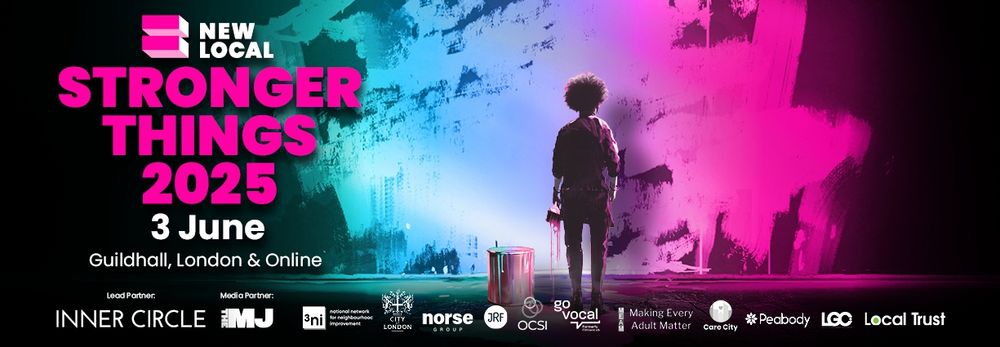
The second event was ‘Stronger Things’ an event organised by New Local an independent think tank that brings together public services with a mission to transform and unlock community power. It conveyed a powerful vision in which community power needs to be built and nurtured from within. The event reaffirmed the importance of relational public services, where trust, inclusion, and empowerment are central and the future lies in partnerships with people and places.
And lastly the Musculoskeletal Association of Chartered Physiotherapists (MACP) event in Birmingham ‘challenging concepts in MSK’. There was a real sense of wanting to do things differently and working to do just that despite working within the constraints of a system which are industrialised and mechanised and puts its priority on productivity and efficiency above all else.
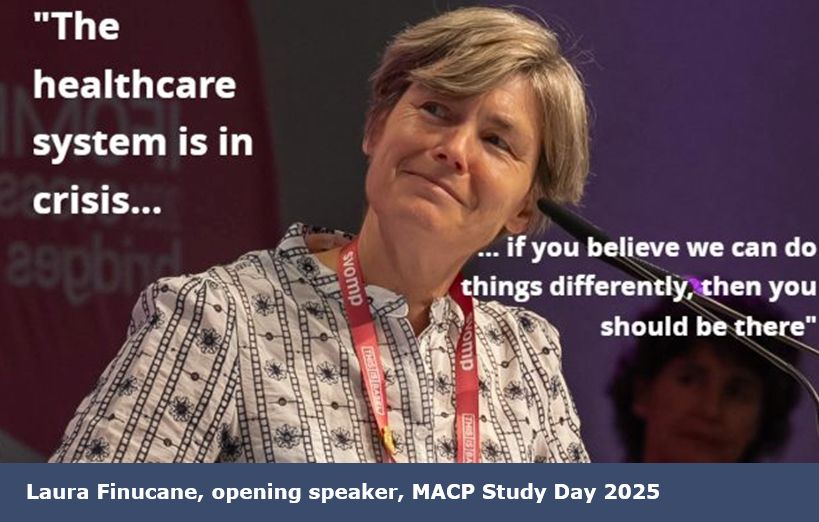
The future of healthcare
Treating populations with increasingly complex chronic and lifestyle illnesses requires more care, more wellness behaviours and more health promotion.
The future of healthcare is one which is much more capable of understanding a person’s context beyond the specific condition they present, recognising the individual as an active participant in their own health outcomes and addressing the social determinants of health.
Healthcare must embrace relational practice—building trust, time, and collaboration into every interaction. The future of sustainable care lies not in doing more to people, but in working with them. This cultural transformation is essential for meeting the complex needs of tomorrow’s population.
None of this is new and while there are promising pockets of transformation, we’ve spent too long describing the problem. Now is the moment to shift from conversation to action. The scale of change may feel daunting, but by starting small, building partnerships, and embracing new ways of working, we can unlock momentum. We have the knowledge, the evidence, and the will. What we need now is the collective courage to reimagine care, not as something we deliver to people, but something we create with them. The future of healthcare depends on it.
Also of interest
Early Pain Support: Insights From our first Community Drop-In
As part of Rethinking Our Health, we hosted our first community pain drop-in — a chance for people to talk things through early, get reassurance, and feel more confident about managing pain. This blog shares what we learned, and why having the right conversation at the right time really matters.
Rethinking Our Health: starting with pain
We’ve been asking communities what really matters when they’re living with pain. In this update, we share what we heard, what surprised us, and how this learning is shaping a new three-part support offer for MSK pain that starts locally, builds on existing strengths, and is designed together.
Rethinking Pain: Insights from The Kings Fund and Here
What if pain wasn’t just something to manage, but a signal for change? The Kings Fund and Here explore how a “do with” approach can transform pain services – focusing on prevention, connection, and holistic support.

